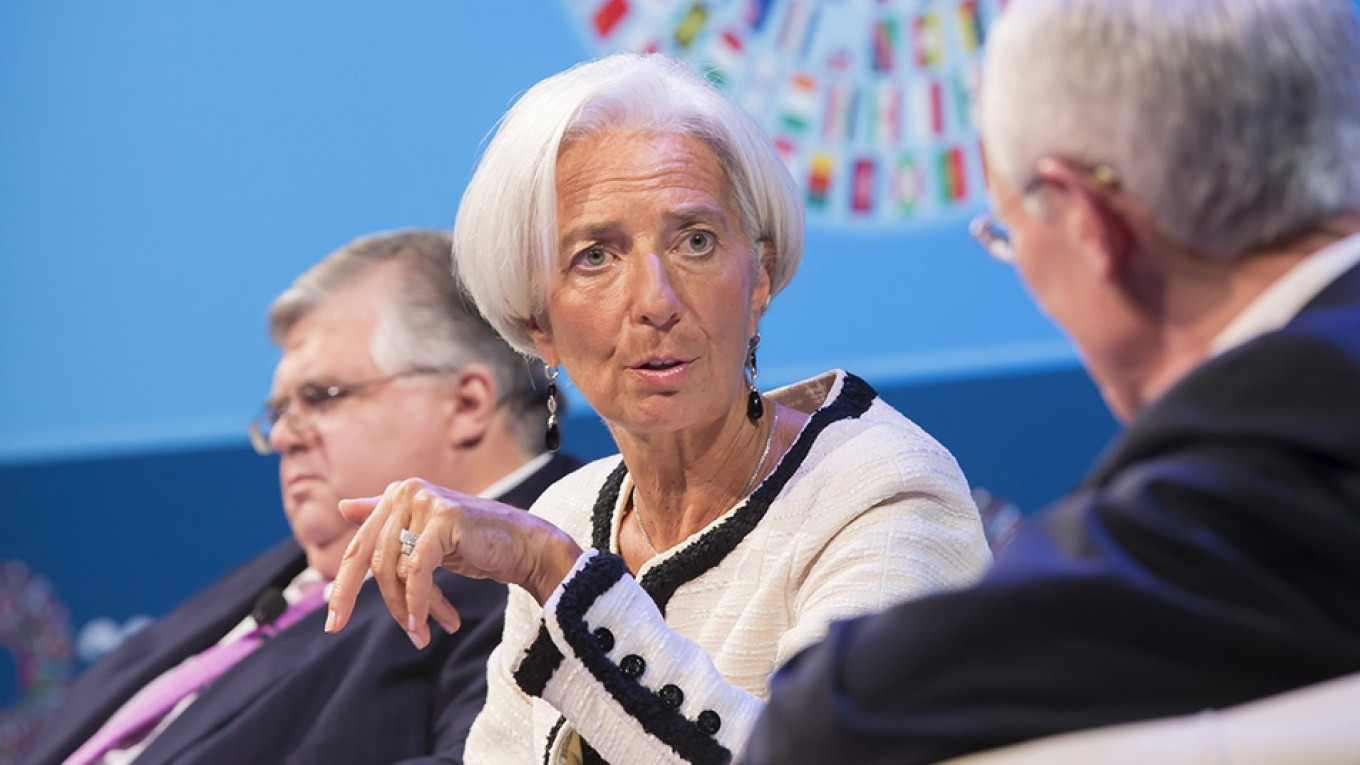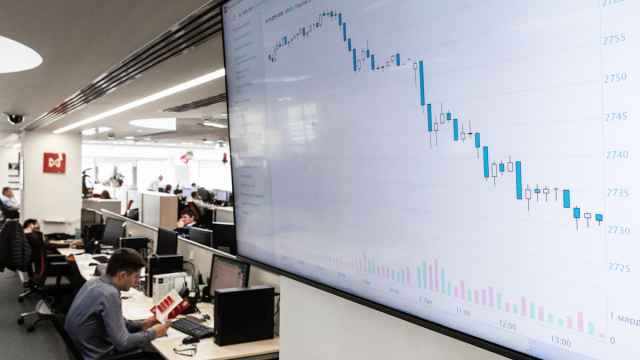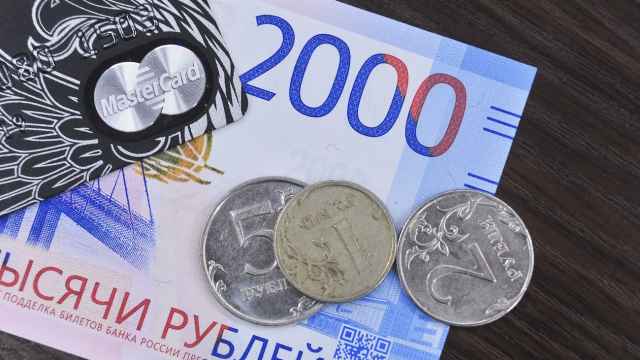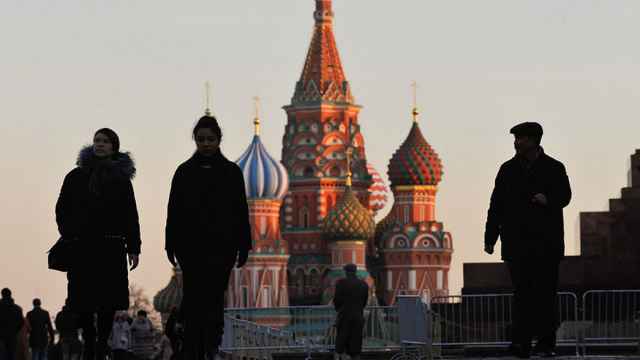The International Monetary Fund has raised Russia’s gross domestic product (GDP) growth forecast to 1.8 percent for next year as it cuts its global forecasts.
The Russian economy has relied on its key export oil in the face of Western sanctions that drove down prices and weakened the ruble in the last four years. The country returned to a growth rate of 1.5 percent in 2017 after two years of decline.
The IMF expects growth in Russia at 1.7 percent this year and 1.8 percent next year, it said in an update to its World Economic Outlook on Tuesday.
The Washington-based institution had predicted a 2019 growth rate of 1.5 percent for Russia in its last update in July.
“Considerable progress was made in Russia in recent years to shore up financial stability, including by closing weak banks, introducing reforms to the resolution framework, enacting measures to reduce dollarization, and increasing the risk weights of unsecured consumer and mortgage loans,” the IMF said.
“However, efficiency, competition, and governance in the banking system should still be improved.”
The IMF said it was now predicting 3.7 percent global growth in both 2018 and 2019, down from its July forecast of 3.9 percent growth for both years.
The downgrade reflects a confluence of factors, including the introduction of import tariffs between the United States and China, weaker performances by eurozone countries, Britain and Japan, and rising interest rates that are pressuring some emerging markets with capital outflows, notably Argentina, Brazil, Turkey, South Africa, Indonesia and Mexico.
Russia was among the few energy-rich emerging market countries whose growth forecasts were bumped up. “Across emerging market and developing economies, activity continued to improve gradually in energy exporters,” the IMF said.
Reuters contributed reporting to this article.
A Message from The Moscow Times:
Dear readers,
We are facing unprecedented challenges. Russia's Prosecutor General's Office has designated The Moscow Times as an "undesirable" organization, criminalizing our work and putting our staff at risk of prosecution. This follows our earlier unjust labeling as a "foreign agent."
These actions are direct attempts to silence independent journalism in Russia. The authorities claim our work "discredits the decisions of the Russian leadership." We see things differently: we strive to provide accurate, unbiased reporting on Russia.
We, the journalists of The Moscow Times, refuse to be silenced. But to continue our work, we need your help.
Your support, no matter how small, makes a world of difference. If you can, please support us monthly starting from just $2. It's quick to set up, and every contribution makes a significant impact.
By supporting The Moscow Times, you're defending open, independent journalism in the face of repression. Thank you for standing with us.
Remind me later.






